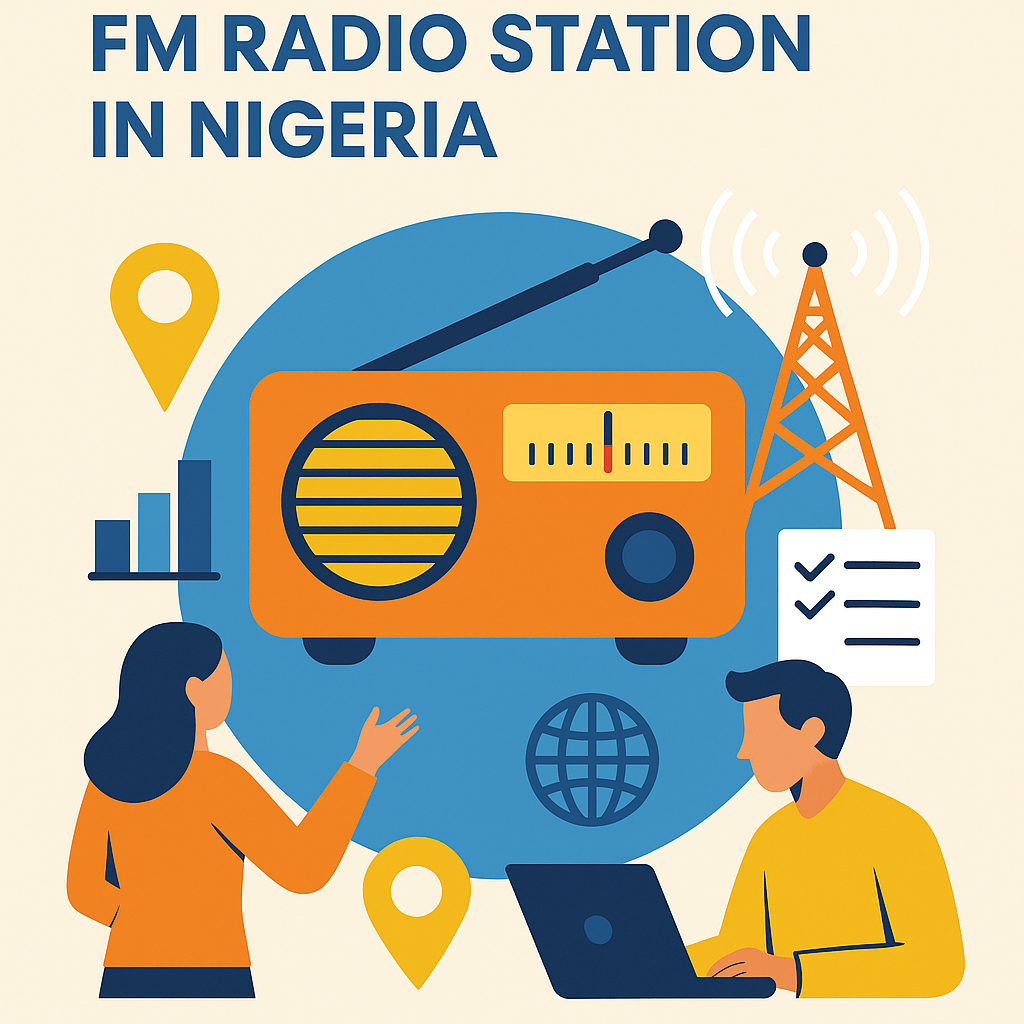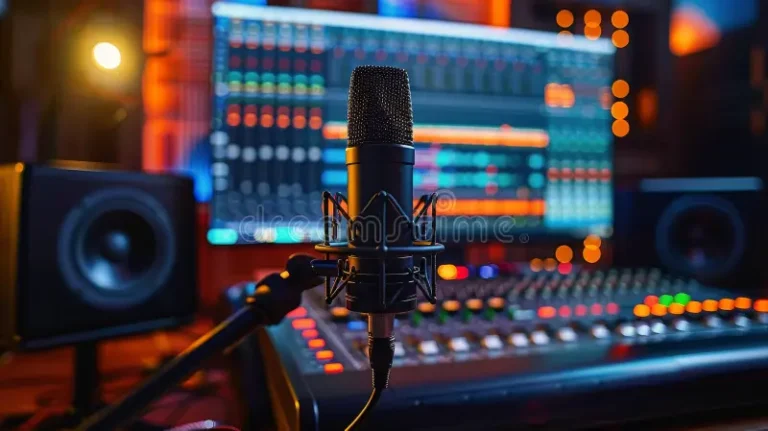How to Set Up a Cost-Effective FM Radio Station in Nigeria
In Nigeria’s growing media landscape, FM radio remains one of the most accessible and impactful communication tools. Whether you’re an individual, a religious group, an NGO, or a community-based organisation, starting your own FM radio station can be both impactful and affordable — if done right. This guide outlines the practical steps to set up a cost-effective FM radio station in Nigeria.
- Understand Regulatory Requirements
Before you can legally operate an FM station in Nigeria, you must secure a broadcast license from the National Broadcasting Commission (NBC). This is a critical step and includes:
- Application letter with proposed coverage area
- Feasibility and programming plan
- Payment of application and license fees
NBC also evaluates the purpose of the station — whether it is commercial, community, religious, or educational — to determine spectrum allocation.
Read Also: Radio vs Podcast: Which Works Better for Nigerian Audiences?
- Choose the Right Location
To ensure cost efficiency and effective coverage:
- Choose a site with elevation for better signal propagation.
- Make sure it’s accessible to your team and technical partners.
- Secure a quiet, secure space for the studio setup.
- Plan Your Budget
Setting up an FM radio station in Nigeria can range from ₦10 million to ₦30 million or more, depending on scope, reach, and equipment. However, you can cut costs by:
- Prioritising essential equipment first
- Opting for used or refurbished gear
- Choosing local suppliers and consultants
- Purchase the Right Equipment
Here’s a basic list of essential FM radio station equipment:
- FM Transmitter (10W–2000W depending on your desired reach)
- Antenna and Coaxial Cable
- Studio Console/Mixer
- Microphones (Dynamic/Condenser)
- Computers and Audio Software (like ZaraStudio, Adobe Audition)
- UPS or Inverter for Power Backup
- Studio Furniture and Acoustic Treatment
Read Also: The Future of Radio Broadcasting in Nigeria’s Digital Era
For a low-power community station, a 100W–250W transmitter may be sufficient to cover a radius of 15–25 km.
- Set Up the Recording and Editing Studio
- Build a soundproofed room with proper insulation
- Equip it with audio editing software and a digital mixer
- Use high-quality headphones and studio monitors
- Ensure there is a reliable power supply and cooling systems
You can start small with a basic studio and expand as your business grows.
- Online Radio as a Complement
To increase your reach without extra broadcasting costs:
- Set up an online radio streaming platform using services like Radio.co, Zeno.fm, or Shoutcast
- Integrate it into your website and mobile app
- This can help reach diaspora audiences and younger, tech-savvy listeners
- Recruit and Train Your Team
Your team should include:
- On-air presenters
- Technical support engineers
- Editors and content producers
- Program manager or station coordinator
Read Also: What You Need to Start Online Radio Streaming (Beginner’s Guide)
Training is vital to maintain broadcast quality and stay compliant with NBC regulations.
- Promote Your Station
To create awareness and attract advertisers or sponsors:
- Launch with a strong jingle and a community event
- Leverage social media, website, and partnerships
- Broadcast local content, interviews, music, and news
- Consult Professionals
Hiring a professional consultancy like ENGRMKS & CO. can simplify the process. With experience in setting up FM radio stations, studios, and streaming systems, they can help you plan, install, and maintain the entire setup efficiently.
Conclusion
Setting up an FM radio station in Nigeria doesn’t have to break the bank. With a clear plan, the right equipment, local partnerships, and expert guidance, you can start broadcasting impactful content that informs, educates, and entertains your audience.





